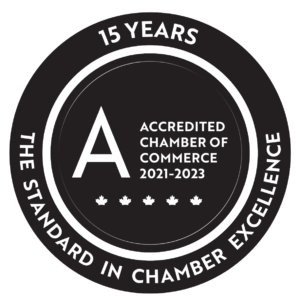Author: Vinay Khosla, Tax Partner at Bateman MacKay
Annual T3 Trust Income Tax and Information Returns (T3) will be required for the majority of trusts, including those trusts which may have never previously filed.
The Federal Government has proposed legislation that significantly expands trust-reporting requirements. The purpose of the legislation is to assist the Canada Revenue Agency (CRA) in properly assessing income tax liabilities for trusts and their beneficiaries, in addition to increasing transparency regarding beneficial ownership for trust taxation years ending on or after December 31, 2021. Initially proposed in 2018, this legislation has yet to become law. However, the Federal Government confirmed its intention to proceed with these measures in the 2019 Federal Budget.
This change is significant because many trustees may never have been required to file a tax return for their trust, especially trusts created for an estate freeze. For taxation years ending on or after December 31, 2021, the new trust reporting tax measures will require most trusts to file a T3 Trust Income Tax and Information Return (T3) every year.
Additional Trusts that Will Require a Return
The new legislation will require a Canadian resident trust to generally be required to file a tax return for taxation years ending on or after December 31, 2021. All trusts that are express trusts or, for civil law purposes, all trusts other than a trust established by law or by judgement will also have a requirement to file.
Some specific types of trusts and trusts that only hold assets of certain types, with a total fair market value that does not exceed $50,000 throughout the year, are exempt from this filing requirement.
Specific Reporting Requirements
Trusts that are subject to the new reporting requirements will be required to report information for most parties involved with the trust. Each trust will have to report the following for each person who is a trustee, beneficiary, settlor, or protector:
• Name
• Address
• Date of Birth
• Jurisdiction of Residence
• Taxpayer identification number (i.e.: social insurance number, business number, trust account number, foreign taxpayer identification number).
These changes represent the most significant changes to trust reporting requirements in years and bring with them additional penalties for non-compliance. All trustees need to be aware of their new reporting requirements. If you have any questions about new trust reporting requirements, winding up a trust, or if you may benefit from a trust, please contact us.




